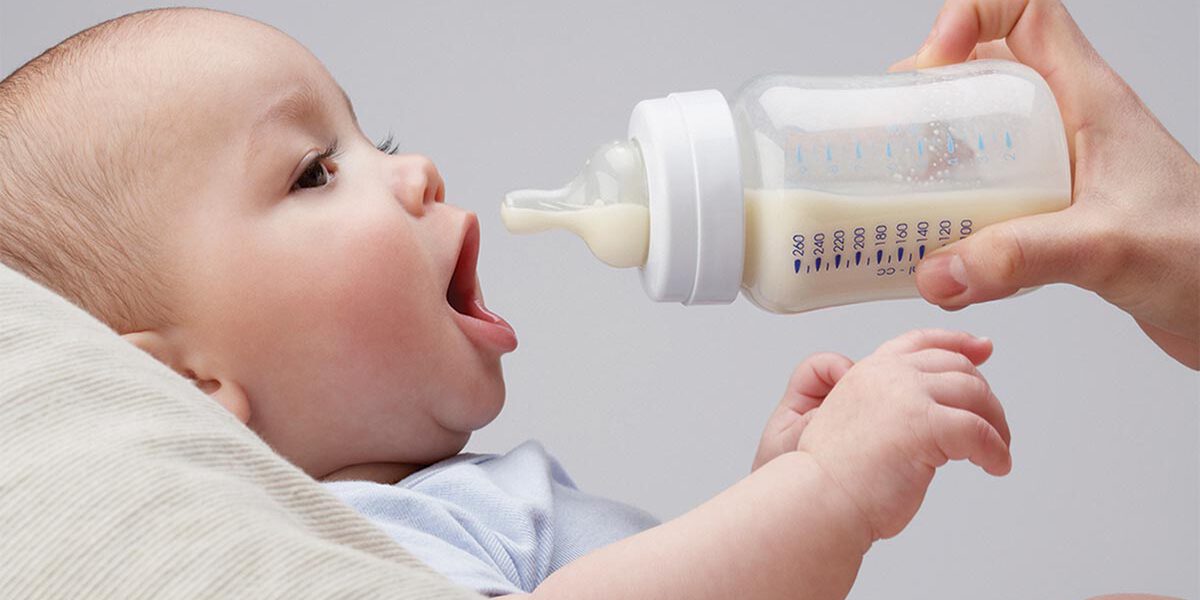Welcoming a newborn into your family is one of life’s most joyful moments, yet it can also feel overwhelming—especially for first-time parents who find themselves in an unfamiliar environment without the support of family nearby. Questions about how to feed and ensure safe sleeping habits for your little one can weigh heavily on your mind. In this blog, we aim to provide gentle guidance on these essential topics, helping you feel more confident as you embark on your parenting journey.
Safe Feeding Practices
Feeding your baby is not just about nourishment; it is also an opportunity to bond and create a sense of security. If you are breastfeeding, finding a comfortable position is key. Ensure that both you and your baby are settled in a way that allows for a good latch, as this can prevent discomfort and promote successful breastfeeding. If you are using formula, be sure to follow the preparation instructions carefully and maintain cleanliness by sterilizing bottles before each use.
After your baby feeds, holding them upright for around 20 to 30 minutes is beneficial. This simple practice allows for a gentle burping session, which can help release any gas that may cause discomfort later. You can gently pat or rub their back during this time, ensuring both comfort and connection. Pay attention to your baby’s hunger cues—like sucking on their hands or nudging towards the bottle or breast—and respond before they start crying, which signifies they are already quite hungry.
As you enjoy these feeding moments, it is important to avoid common pitfalls. Never place your baby to sleep with a bottle, as this can increase risks of aspiration or dental issues down the line. Additionally, remember that solid foods should typically be introduced around six months, as recommended by your pediatrician; be sure to consult them if you have questions.
Safe Sleeping Practices
Creating a safe sleep environment is crucial for reducing the risk of Sudden Infant Death Syndrome (SIDS) and ensuring your baby’s safety as they rest. Start by always placing your baby on their back to sleep—it is the safest position for them. A firm mattress in a crib, bassinet, or play yard is ideal, as a hard surface significantly decreases the likelihood of suffocation. Keep soft bedding, pillows, and toys out of the crib—less is often more when it comes to creating a safe sleep space.
Sharing a room with your baby in their own crib for the first six months is generally recommended. This setup allows you to stay close, creating an environment of comfort and connection. However, it is essential to avoid bed-sharing, as doing so can increase the risk of suffocation, particularly if either parent is a heavy sleeper.
Additionally, monitor the room temperature to ensure it is pleasant without overheating. Dressing your baby in light clothing can help maintain comfort, and I is advisable they sleep in one layer more than what feels comfortable to you.
Support Options
If you are feeling unsure or overwhelmed during those initial days at home, it is perfectly okay to seek help. Many maternity hospitals offer skilled nurses who can provide home visits. These professionals can show you the ropes on bathing, feeding, and establishing safe sleep routines. Watching and learning from someone experienced can take away the uncertainty and instill confidence, allowing you to bond more with your newborn.
For parents looking to feel even more prepared as they anticipate their little one’s arrival, consider seeking out parenting classes. Many communities, including those in foreign countries, offer resources to help parents understand essential care techniques. These classes can provide valuable insights into safety protocols, which can boost your confidence when it comes time to care for your newborn.
With love and support, you are well-equipped to give your baby the best start in life. If you have questions or need further assistance, know that you are not alone on this journey.










